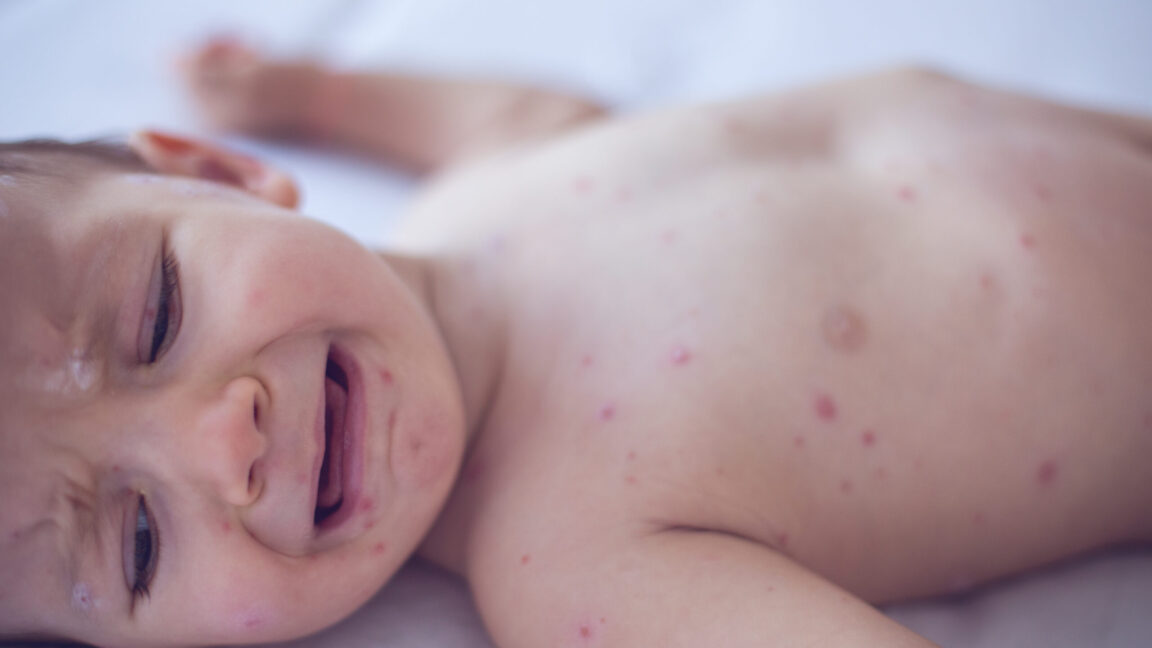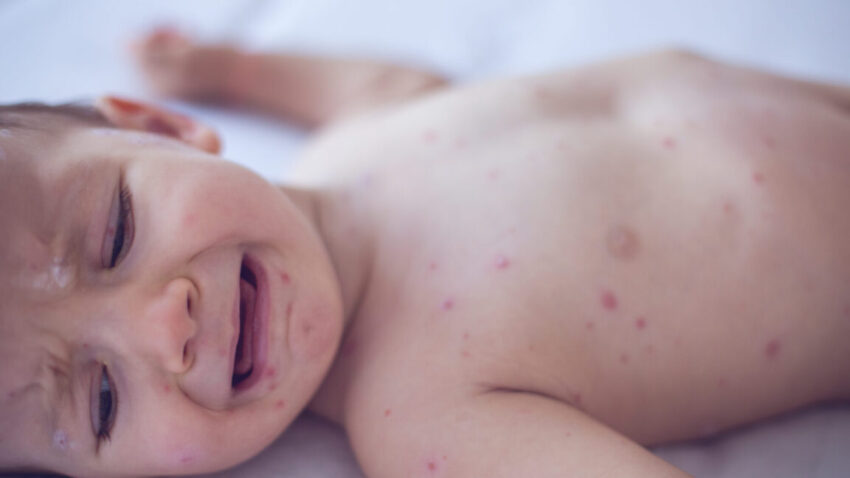
With measles Announced to end from the United States in 2000 And the national herd exception, strong, Experts recommended That American children get two doses of measles, mamps, and rubella (MMR) vaccine. It is between the ages of 12 and 15 months before starting the school and the second between the ages of 4 and 6 years.
Before 12 months, weak infant in the United States has initially protected the immunity of people around them, along with maternity antibodies. But if they travel to a place where the immunity of the population is incredible, experts have advised that infants between the ages of 6 to 11 months get the initial dose – then follow it with two standard doses at standard hours, bringing a total of three doses.
The reason for this is that they will need three-and specialists generally recommend waiting for 12 months-the reason is that maternity antibodies can interfere with newborn vaccine reactions, which can prevent the immune system from avoiding lasting protection. Nevertheless, the preliminary dose provides protection for the 6 to 11 months intervals.
In the past, extra dose was recommended for children traveling internationally. But now, with the slippery rates of US vaccination, the light of the flock’s immunity, the growing body, and the emerging outbreaks in several states, the United States is no longer different from remote places that struggle with extremely infectious viruses.
In an article published in the gym todayCall to update its MMR recommendations for the United States, including prominent health experts – prominent health experts – former Director of Directors Rochel Valinsky – to add early, extra doses to children who are traveling abroad, but also locally.
Experts write, “A doubleotomy between domestic and international travel, with some local protective vaccine levels to prevent spread and ongoing disease in different regions of the country, is not suitable.” “Many travel travel names, the US location, can be more at risk of displaying measles at the US location, compared to international locations.”
Experts noted that vaccinating infant infants quickly is also important for their own health. “[I]NFants under the age of a year are at a higher risk of acute complications such as pneumonia, encephalitis, and death. According to experts, young newborns also increase the risk of growth of subscribing pancreas (SSPE), which is a rare measles complexity that has high mortality rate and may have years after the initial infection.
